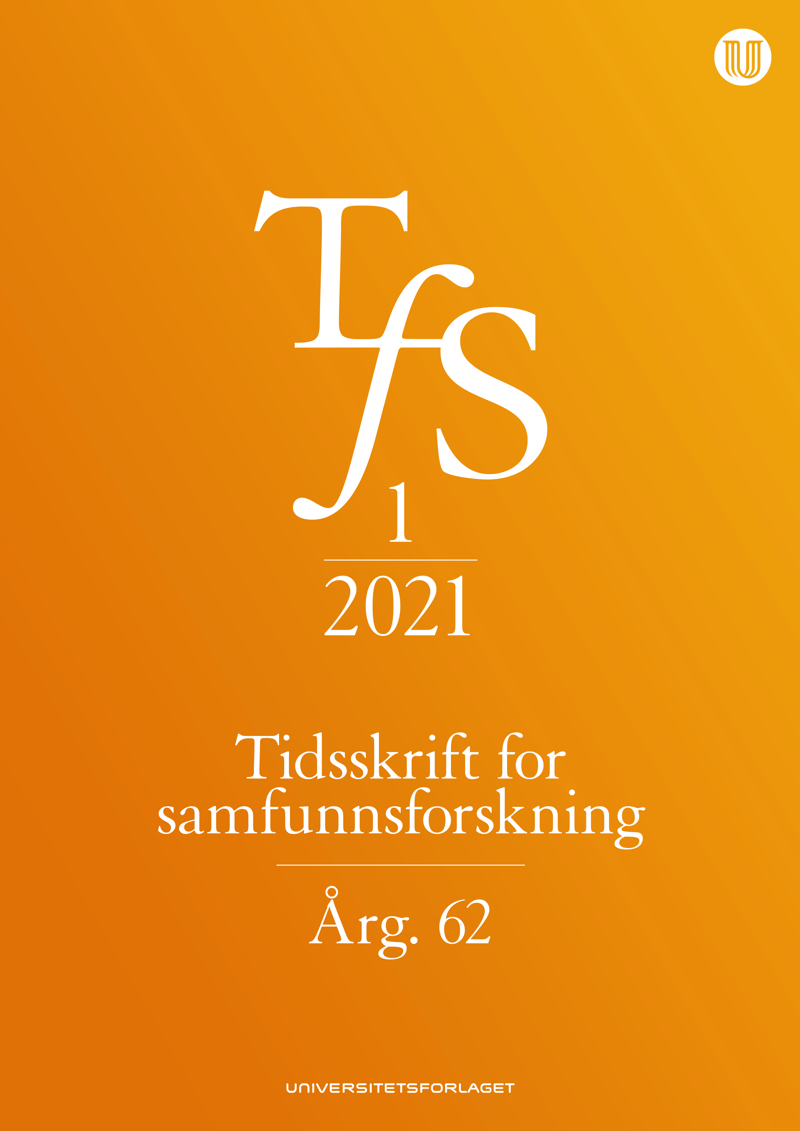
Marta Bivand Erdal and Tore Wig have contributed to a symposium on structural racism and racialization in Tidsskrift for samfunnsforsking, Norway's leading social science journal.
Marta's article focuses on how racialization and questions of belonging intersect, where it is fundamental to recognize that human belonging always exists in a dialogue. She also reflects on how concepts develop and are applied across geographic contexts. Marta, who has worked extensively on international migration, including with immigrants in Norway argues that there is need for empirical research which investigates whether and under which circumstances both racialization and structural racism occur. A key message is that robust analysis should distinguish between what may be intended and what is experienced, allowing for the real possibility that the two do not always align.
Tore's article focuses on how, using political science approaches, we can shed light on structural racism. In contrast to "critical race theory", which claims that "positivist" social sciences do not have the means, epistemological, methodological, or theoretical, to understand structural racism, Tore argues that "positivist" social sciences can play a role in understanding this phenomenon. Three principles guide the analysis: firstly, that it is possible to draw scientific conclusion about structural racism; secondly, that structural racism can be measured; and third, that structural racism has causes that can be studied and purposefully influenced.
Find the articles in full at: https://www.idunn.no/tfs/2021/01





